The Fascinating History of Xishuangbanna: Tea, War, Opium, Deadbeat Dads, and...Leprosy?
This Chinese city has it all!
This essay was originally a Twitter thread posted on 1 April 2024. It has been edited and revised for an essay format.
“I'm a local, so I should love tea. But I realized what I really liked is the way your mouth feels after swallowing tea...the light sweetness coating your tongue, making you salivate. When I discovered coffee has that effect even more, I became a coffee drinker instead."
That’s Boss Chen, owner of the Corner Cafe in Jinghong, the capital of the Xishuangbanna Dai Ethnicity Autonomous Region in southwestern China’s Yunnan Province. Xishuangbanna (called “Banna” by locals) is in the far south of the province, bordering Laos and Myanmar. Jinghong is a modern, bustling city of about 660k people on the Lancang River (aka the Mekong). It is one of the few tropical rainforest climate ecosystems in China, and also one of its hottest tourist destinations.
The Corner Cafe is in the local part of the city, far from the jam-packed tourist streets of Gaozhuang Town in River North, so Chen can focus on growing his community.
"I don't want to serve tourists...I just want to develop a community of local customers...and grow local awareness of coffee” he told me. "I used to do real estate here in Jinghong. But that was too tiring for me, too 卷. I don't want to be so 卷. I just want to have a relaxed life, not work too hard."
(卷 or ‘juan’ is a popular Chinese slang word referring to intense and often destructive competition in professional settings, either by companies or individuals. You could understand his comment to be similar to: “I wanted to get out of the rat race”.)
I’m a tourist, but I appreciate his perspective (and his good coffee), plus I’m not crazy about the tourist areas either, so I visited his shop three days in a row during my visit to Jinghong and he became my info source for everything local. On my first visit, I asked him what he thought about the huge local tourism industry.
"Do you think tourism has been good for Xishuangbanna? Overall is it more of a positive or a negative?"
"Overall, I have to say it's positive. We are just a small, poor area with no industry. Without tourism, we would only have agriculture. So in that respect, it's good."
"Do a lot of people here drink coffee? Or is it the tourists? I noticed a lot of coffee shops for such a small city,"
"Coffee is becoming more popular in Banna, because of the tourists, but also because it's a local product. Young people mostly drink milk tea though,"
"And the tea is...Pu'er tea? You're so close to Pu'er." (another city north of Jinghong)
"Yes, it’s Pu'er tea. But you know...most Pu'er tea in Yunnan comes from from Banna, not Pu'er. There are six famous tea mountains, and five of them belong to Banna now."
“I’m going to Jingmaishan in Pu’er tomorrow…is that a famous tea area?”
”Yes, that’s the one famous tea mountain still in Pu’er. All the others are in Banna”.
"How did that happen?"
"Well, this whole region of Yunnan was known for making Pu'er tea before there was a place called Pu'er City. It used to be called Pu'er County, and the borders were different. Later, new administrative regions were created, and most of the tea-producing areas become part of Banna’s Mengla County".
"So Pu'er tea doesn't actually come from today's Pu'er, it comes from Banna?”
”Yes. The capital of what’s called Pu'er City today used to be called Simao Prefecture. When Simao was renamed as the capital of the new Pu'er City, this newly created administrative area didn't actually include most of the traditional tea-producing areas."
"Is Pu'er tea considered green tea or black tea?"
”It's neither. We don't use those words. We say Pu'er can be "raw" or "cooked" (生普 and 熟普). Raw Pu'er is tea that has been dried the normal way. It is green and sweet and has the grassy characteristics of tea. On the other hand, "cooked" Pu'er is fermented. This fermentation was originally discovered by ancient horse caravans bringing tea from Yunnan to the capital in Beijing, with the tea stored on the back of the horses. It took a long time to travel to Beijing…months. They couldn’t follow the most direct path, because they had to follow the rivers, to ensure the horses had a place to drink. Along the long journey, the heat and moisture from the horses caused the tea to ferment. When the caravan arrived in Beijing, they discovered they had created 'cooked' Pu'er, but also discovered it tasted even better this way."
"Wow, you're very clear about the local history, especially tea. Are you a local? Are you from the Dai ethnicity?”
”I was born here, so I'm local, but I'm not Dai...just Han. My father moved here to work and I was born here, so that’s why I’m local. I speak some Dai language though, and my wife is Dai".
"I guess this area used to be mostly Dai people? Do you know when the Han people started moving here?”
”Hmmm. Overall there have been three waves of Han migration to Banna. The first wave was in 1949 when the KMT lost the civil war and some KMT soldiers ran here, to the edge of the country. They were hiding in Myanmar and Laos, waiting for orders from the KMT leadership. Eventually Chiang Kai-shek ordered them to come to Taiwan. The officers all went, but many regular soldiers stayed behind. They thought: ‘We have nothing there in Taiwan, but we have a large group of bros here, and we have our weapons, so we can become local kingpins. After that, they become involved in the opium trade in this region. That was the first wave."
(Author note: The story of the tens of thousands of defeated KMT troops who remained in Burma and later, Thailand, establishing border security and running the opium trade until at least the 1960s is a fascinating one)
"The second wave was the ‘educated youth’ (知青) that were sent down to the countryside. Here in Banna, most of our educated youth came from Shanghai. Most of them left later, but some stayed long-term. When the government decided to recall the educated youth, they were not allowed to bring anyone back with them. But while they were here, many of the men had started families with local Dai women, so they had wives…and children. But they were not allowed to bring them back to Shanghai, so many of them went back and left their families behind. I guess you could say some people here are too naive. The people going back said they’d arrange for their family to join them later, but they never did.”
“Even today, the local people have a bias against Shanghai people, because of this history with the educated youth. In the 90s, there was a TV show about 4 kids from Xishuangbanna going to Shanghai to find their fathers. It was called 孽债." (literally: "Sinful Debt"). But when they got to Shanghai, they found their fathers had started new families in Shanghai, never even told their new family about their first family in Xishuangbanna, didn't want to see them. This is a real story. Actually I can understand them. In that situation, maybe I would do the same.”
“By the way, this TV show was the origin of tourism here. After it was broadcast, many people were curious, and many of the educated youth decided to come back and have a look around. At the time, no one knew anything about Banna, and so at that time they discovered this is a nice place. When I was young, I used to talk to people online who would say 'wow...you're from Xishuangbanna...do you live in a treehouse? Do you ride an elephant?' I responded ‘if I lived in a treehouse, do you think I could go online and chat with you on forums?’ Hahaha."
“Anyway…after the educated youth, the third wave of Han people coming to Banna was the people that were sent here as part of the work campaigns to 'tame the borders'. That's when my father came. It was exhausting work. The work boss would point at an forest and say 'ok cut that all down', so they did. In the end, he ended up staying here."
"Finally, I guess now you could say there is now also a fourth wave...the people who come here to spend the winters."
I finally get a chance to reply. "A lot of people from the North? I’ve met so many northern Chinese people in Jinghong"
"Yes...starting in 2018, there was a campaign to tear down old houses in the northeast. A lot of people look their compensation cash from their house demolition and bought a house here instead."
"I guess that caused the cost of real estate to rise very quickly?"
"Yes, in a few years, we went from from 4000 CNY/square meter to 11000 CNY/square meter. That is so expensive for local people...we couldn’t afford to buy here. Now it's decreased to 7000-8000, because the real estate market is bad. But it will never go back to 4000..."

Do you think Dai and Han have good relations here? Is there conflict?"
"I'm not sure. Not really. I guess Dai and Han are more well matched to live together, because the Dai are a mature civilization also, like Han people. They have their own religion, language, writing, and so on. Banna has 13 ethnic minorities living here, but of those, only the Dai people have their own writing system. This is how you can tell their civilization was more developed...so it was easier for Han people and Dai people to communicate and cooperate."
"Oh, okay. In the old city, I noticed a lot of Dai script on the signs and shops. It's more than I've seen in other autonomous regions in China, where it's often just municipal buildings, and state-owned companies, but not regular shops. But here, I see Dai script everywhere. Can most Dai people read it?”
"Well...the men should be able to. But not the women."
"Why not women?"
"The Dai script was traditionally learned in the temple. The only way to learn Dai script was if you became a Buddhist monk, so you can read the scriptures. So women can't read it."
"Wait, but the monks are in the temples. So the regular people out on the street will not have been able to learn it, and the women never got a chance to learn it. So who's actually using it?"
"No, Dai men train as monks when they are young, but they may leave the temple after."
"I've never heard of that"
"Here, we have Theravada Buddhism. It's different from customs of Buddhism in other parts of China. Usually Dai men have trained as monks. I guess most Dai men can read Dai script."
"Okay, I see. I thought it was there just for appearances..."
"In the old city, the Dai script is used by local people. But I guess the Dai script in the tourist areas is used for decoration purposes.”
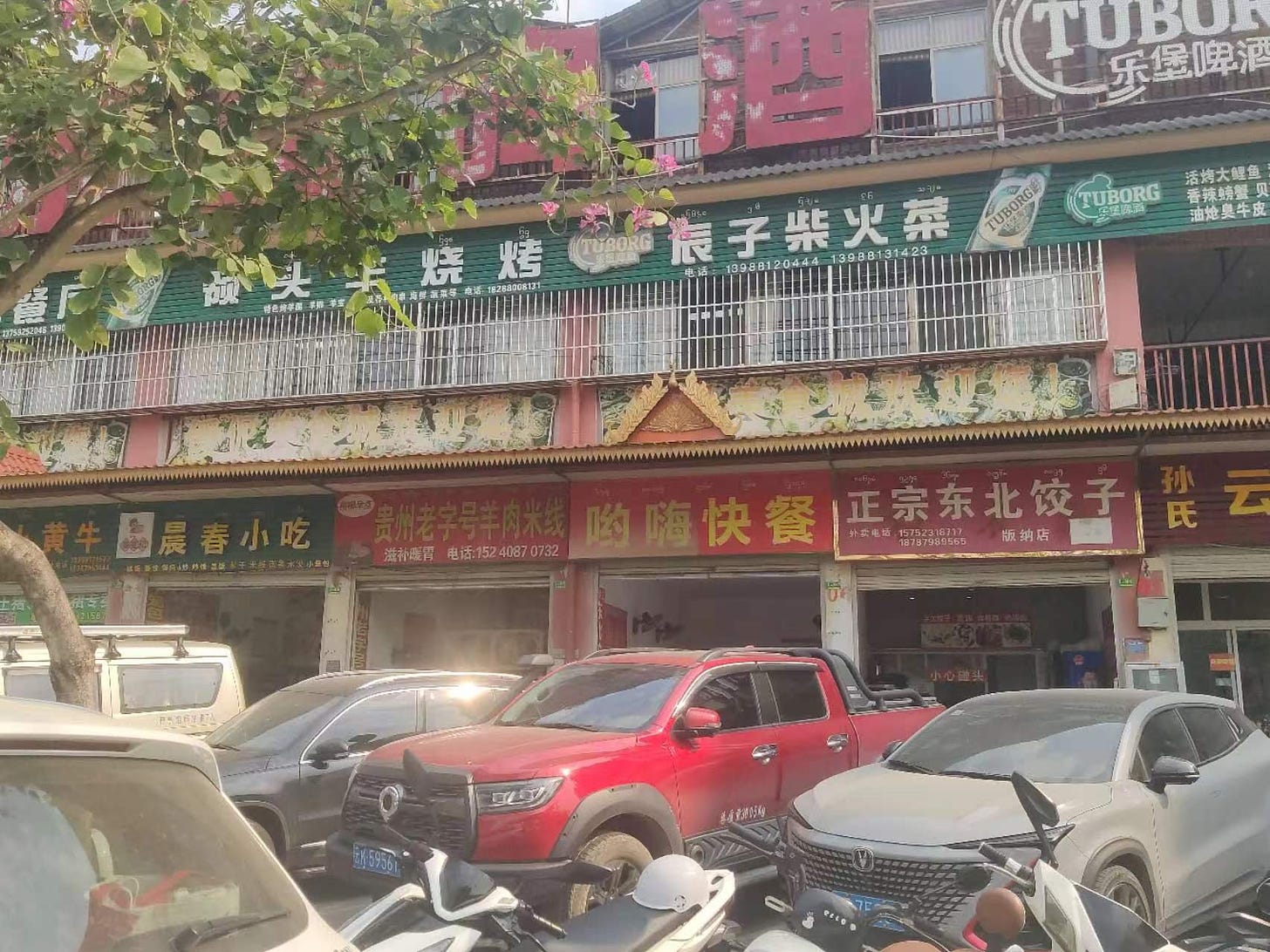
“What about the other ethnic minorities in Banna? Do they have their own scripts?
“I don’t think so. But the ethnic minorities in Banna get along pretty well. We even have some Hui people here. But I don't really like Hui people. I don't have any individual problem with them, I just think they are a little too united (“有点太团结了”). What I mean is...if there's a conflict involving a Hui person, they will come together to support the Hui person, even if the Hui person was in the wrong. They won't even ask the facts of the situation...just immediately unite behind them. This isn't reasonable."
"Oh yeah, I guessed there are some Hui here, because I saw there's a Jinghong mosque." (Author note: the Hui people are one of the Muslim ethnic minorities of China, spread all throughout the country in small communities, along with a larger concentration in the northwest.)
”Yes, that's right, there is a mosque in Jinghong. There's also a Christian church. We have one Dai village here that are Christians."
"Just one village? How did that happen?"
”Ah, that's a story. That village used to be called Mafeng Village (Leper Village). It wasn't a real village, it was just where the people who had this disease were forced to live. But they converted after they were cured by a Christian doctor. Even today, the people of this village are almost all Christians. It's here in the old city, close to the river." (here’s a Chinese link to this bizarre true history story)
"Can I go there?"
"Sure, but there's nothing to see now. It's just a residential area…"
Over several days, I spent about 4-5 hours at Chen’s coffee shop in total, working on my laptop when it was too hot to go outside. I stitched together the conversation above from multiple days of chatting - those topics did not all flow into each other. Overall, Chen was a fantastic source of local info, and was happy to riff on just about any topic. Although he said he "doesn't want to work too hard", I noticed when he wasn't making coffee, he was usually intently staring at his laptop, trading stocks.
"Eh...I'm new to trading stocks…I’m just playing around..."
...besides that, when I added his WeChat, I saw his username was advertising vacation rentals in Jinghong.
"Oh yeah, I still have a side business, from my background in real estate...I manage some rental properties for tourists..."
Okay then…haha. I thought it was funny that his definition of "working too hard" probably means being stuck in a 9-6 job in an office environment…while being the sole proprietor of a coffee shop with at least two side hustles is a more relaxing way of life. As long as it works for him I guess.
When I arrived in Xishuangbanna, I was immediately struck by a feeling of artificiality, but I had no proof until I talked to Chen, who confirmed a lot of my suspicions. Nearly everything there is fabricated for tourists. For example, he told me the tulip and peacock architecture you see everywhere are indeed motifs found in traditional Dai culture, but very exaggerated for the tourist areas. He also told me the so-called "peacock feast" (孔雀宴) advertised everywhere in restauarants is a branding trick. It’s just Dai-style 手抓饭 with colorful rice and different roasted and fermented dishes that you eat with your hands. It’s delicious, but it’s not a “peacock feast” in Dai culture.
That being said…I've seen enough of rural Yunnan to know what the standard of living would be like here if Banna didn't have tourism. Yunnan is not a rich province, but Jinghong definitely looks like a rich small city, with infrastructure the likes of which a similar-sized Yunnan city without tourism could probably only dream of.
So in that regard, I can’t feel too bad for the inhabitants about the gradual transformation of some portions of their home city into a Disneyfied tropical ethnic minority theme park…as long as it stays limited to a single part of the city (Gaozhuang) and doesn’t swallow the whole thing. They've surely lost some things with the swell of tourism, but gained a whole lot too. I’m glad that others come, and consume, and help make Jinghong the rich city it is. But as a traveler, it isn’t for me.



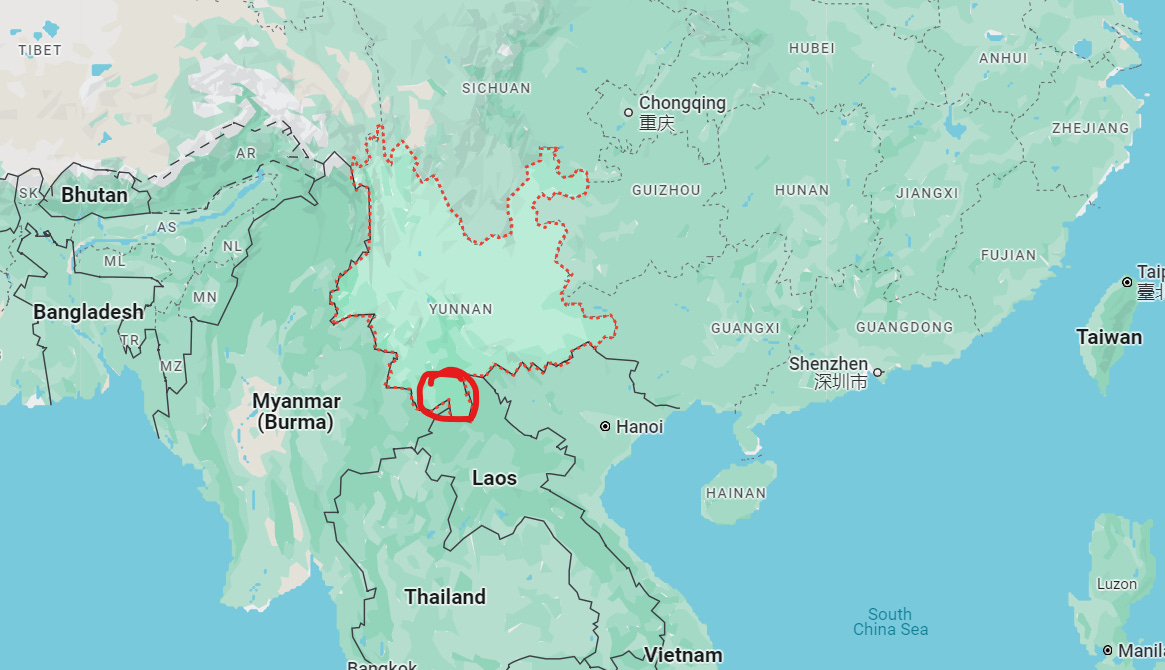
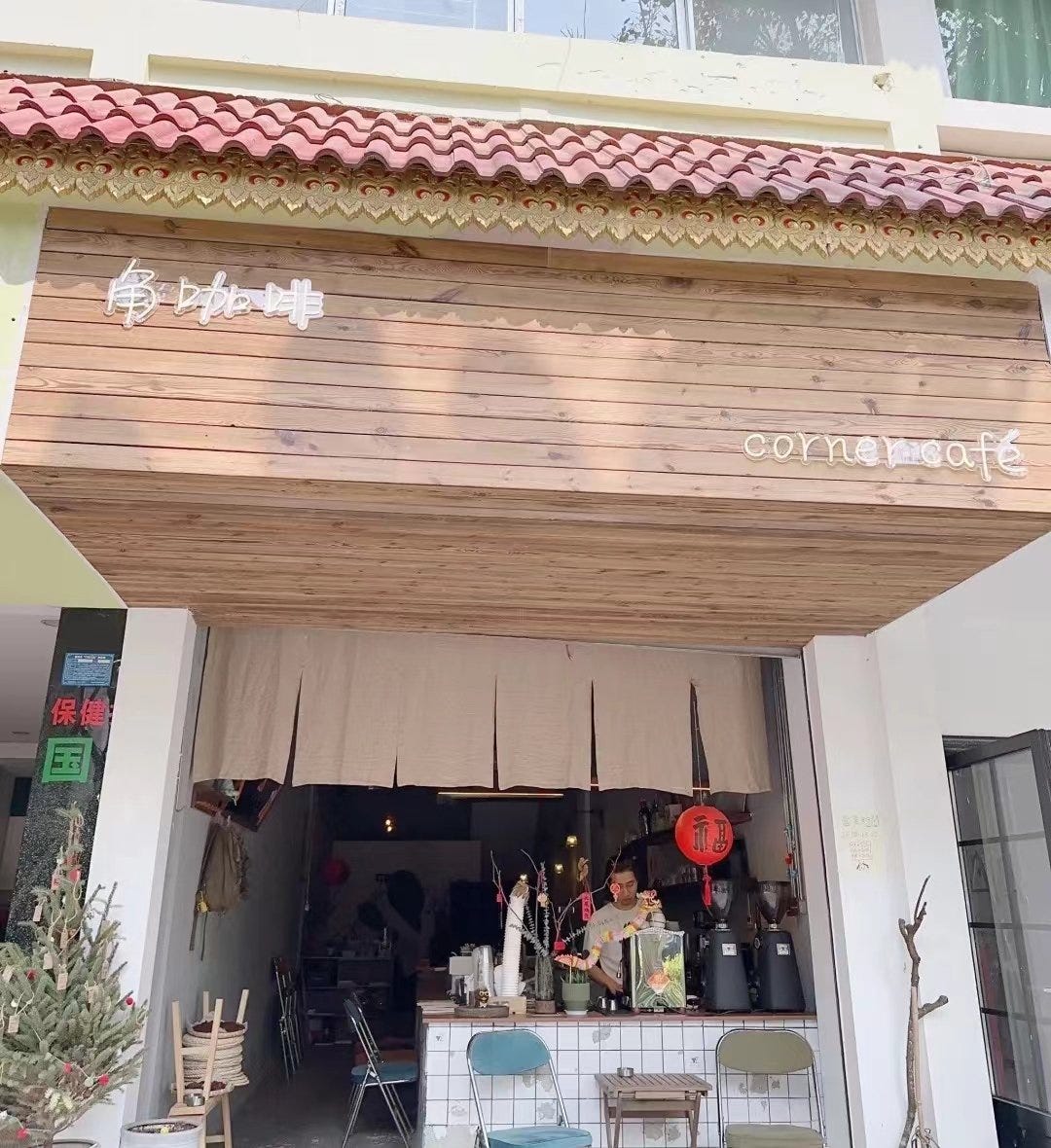
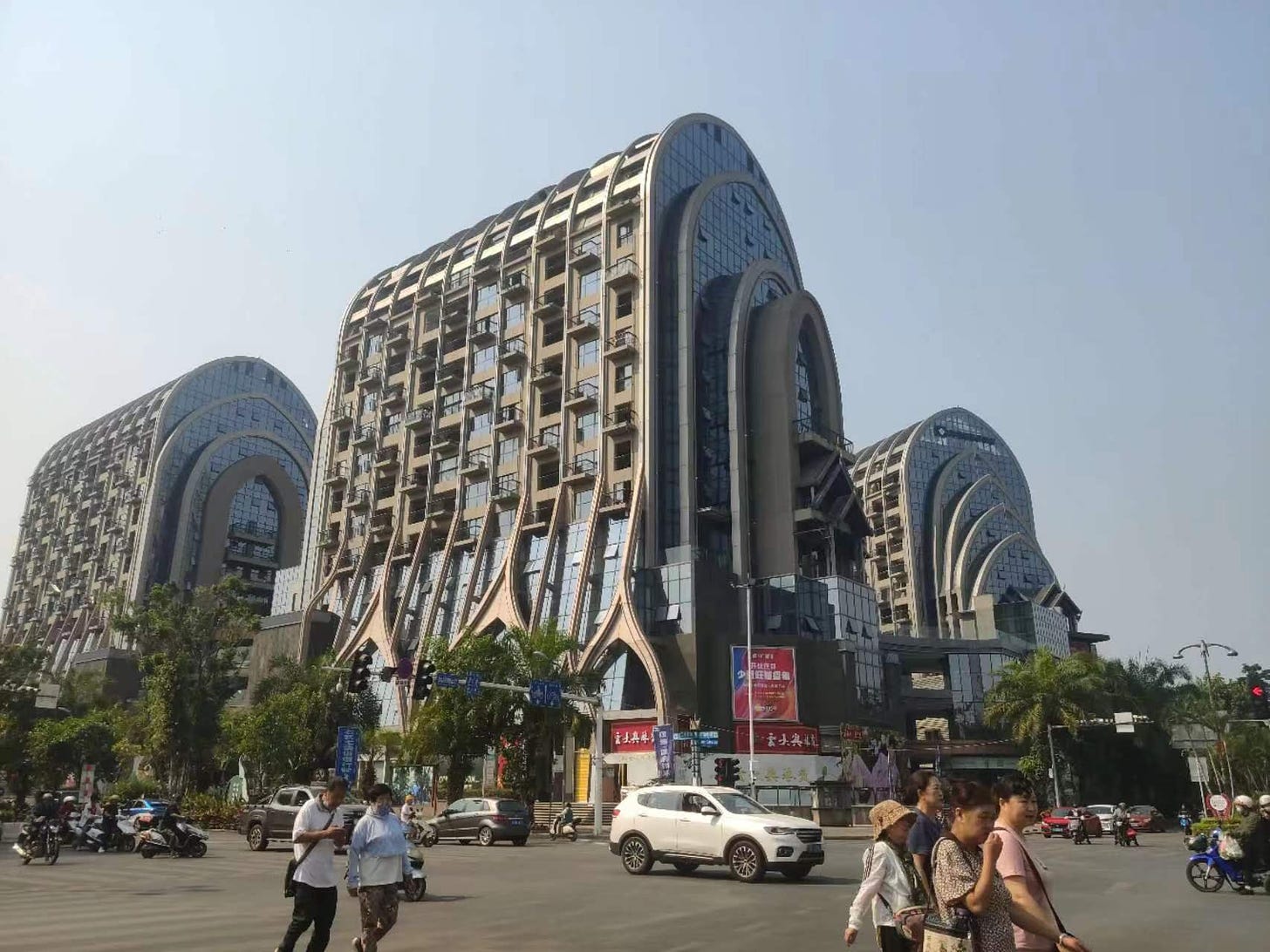
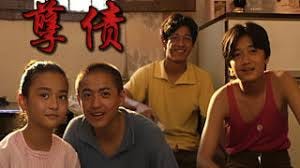
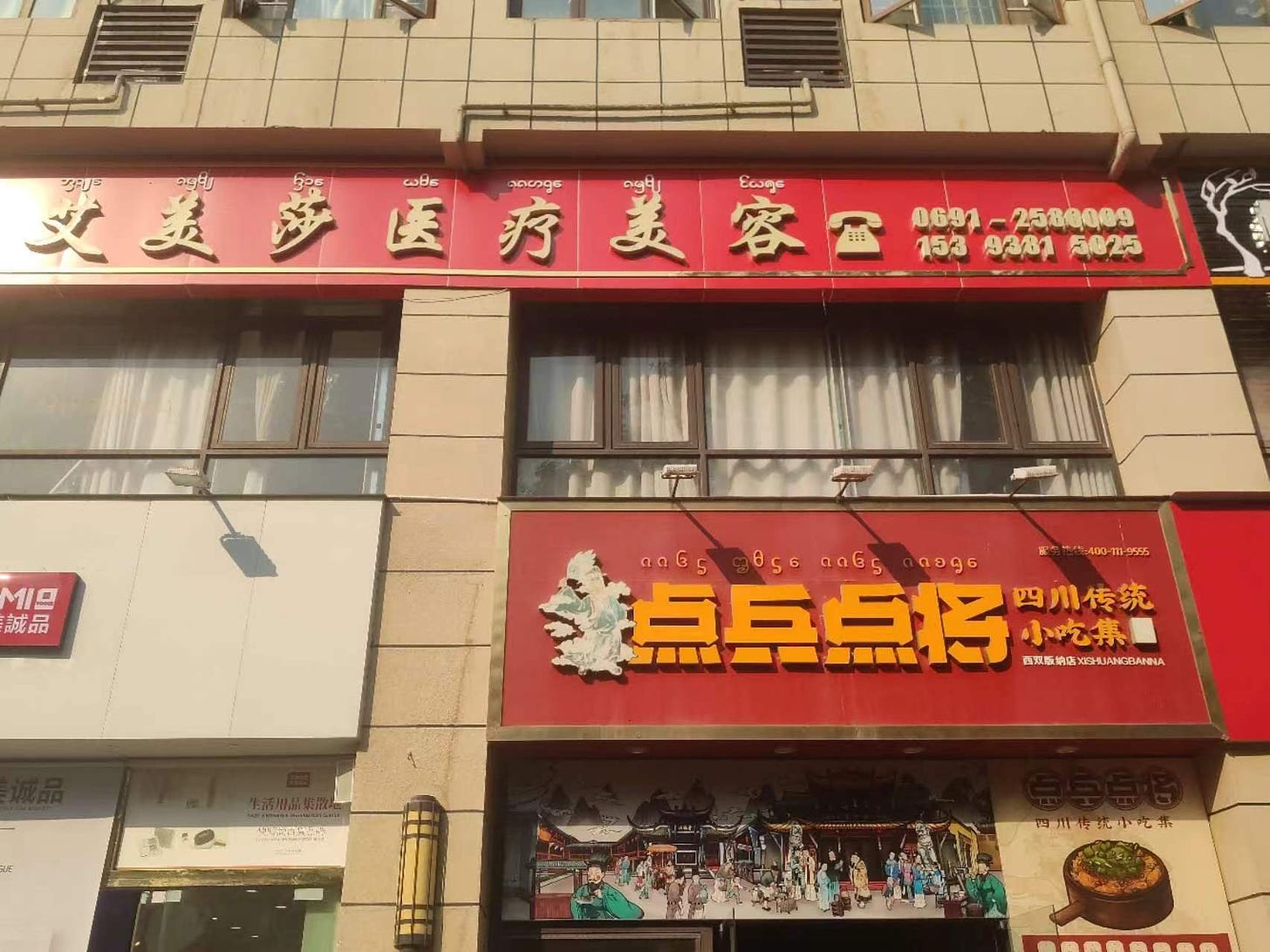
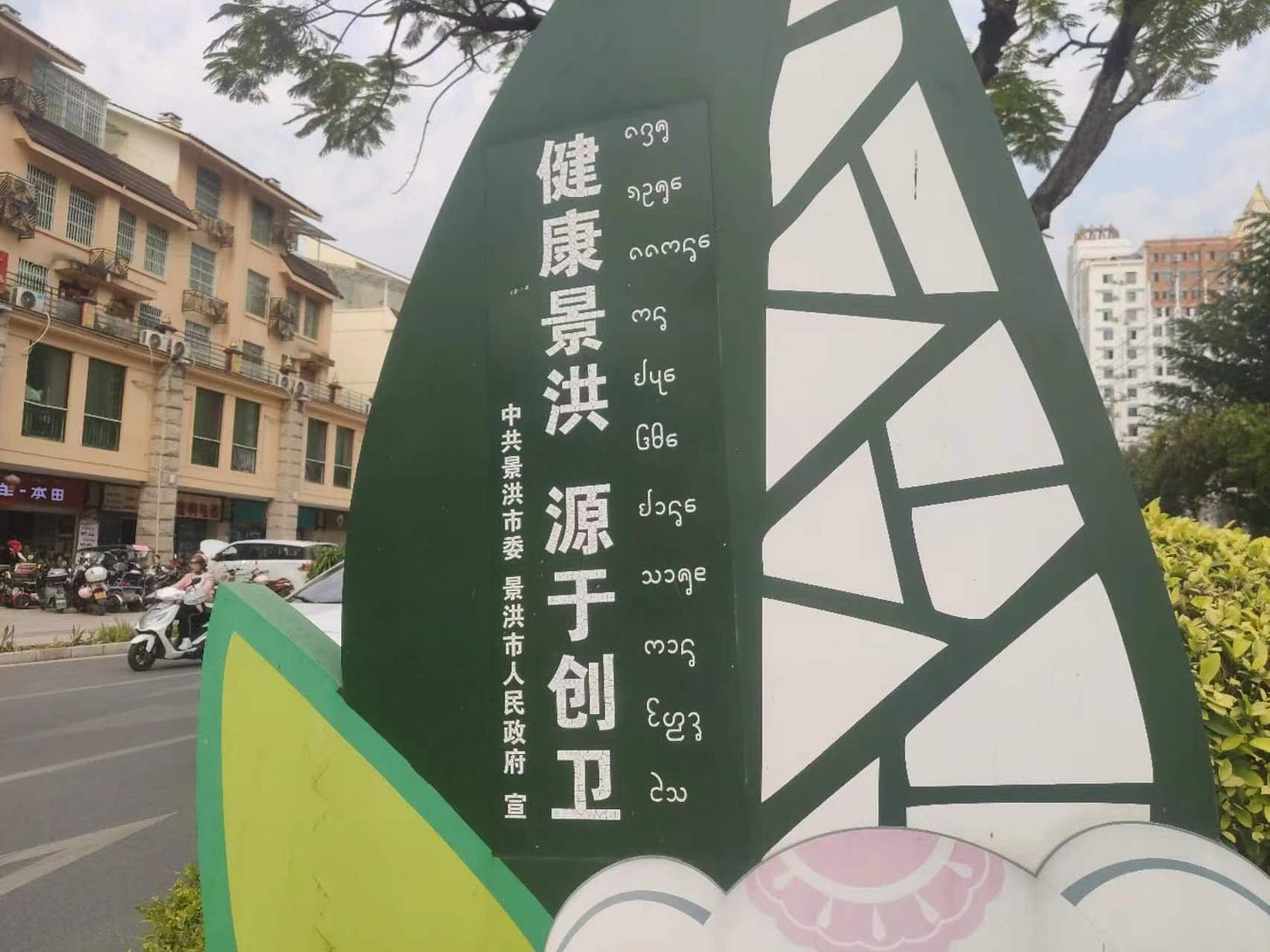
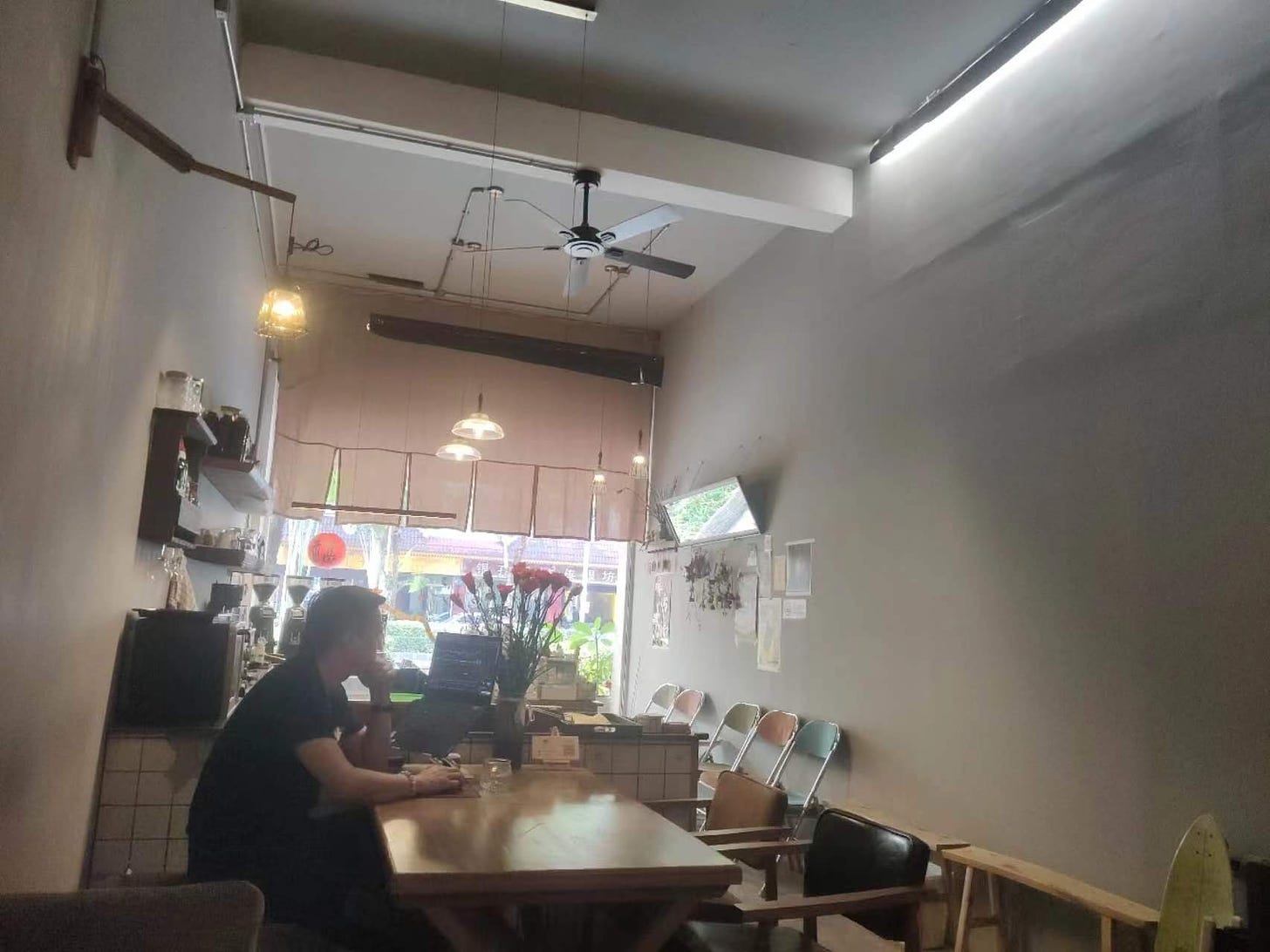
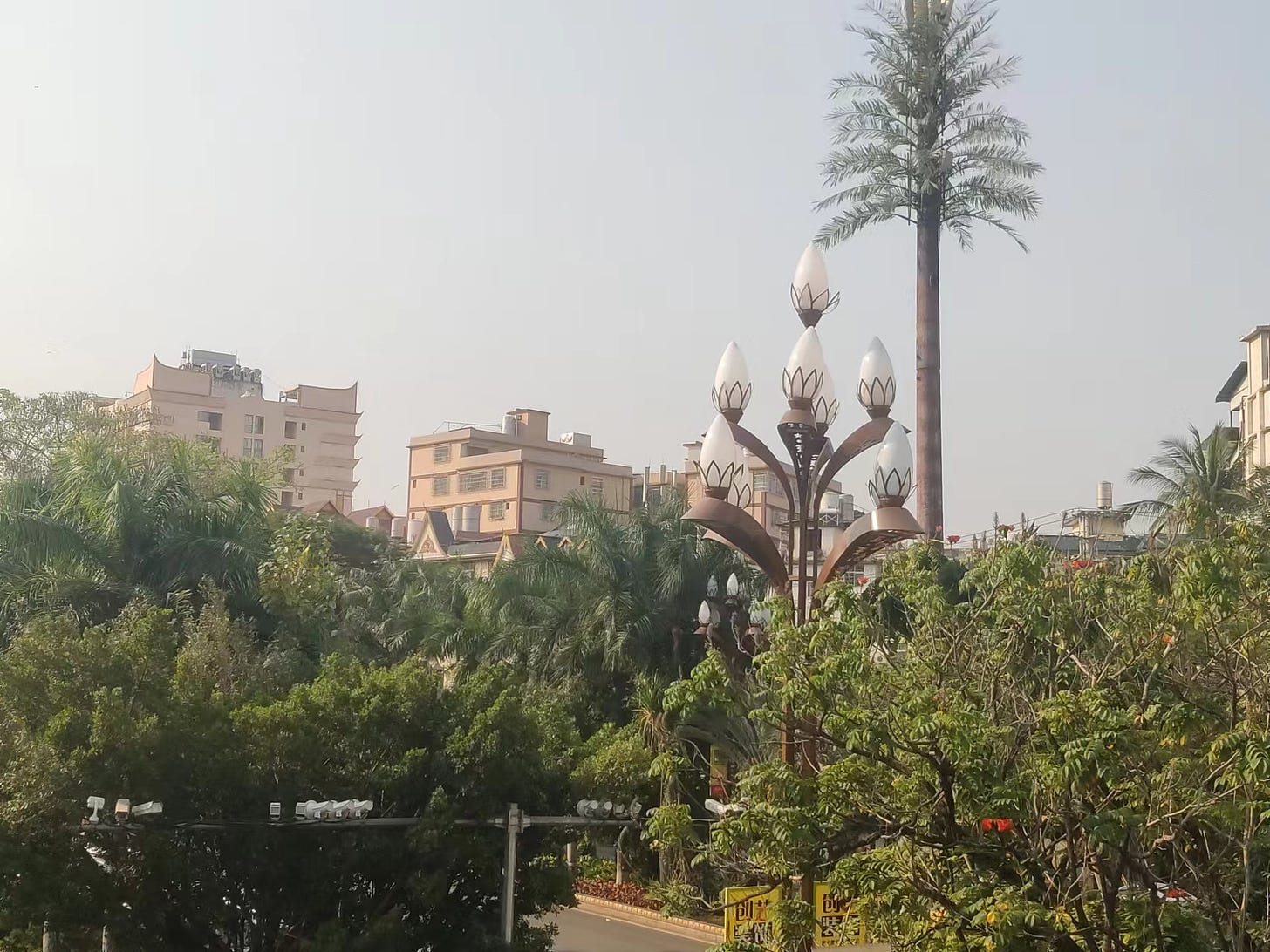
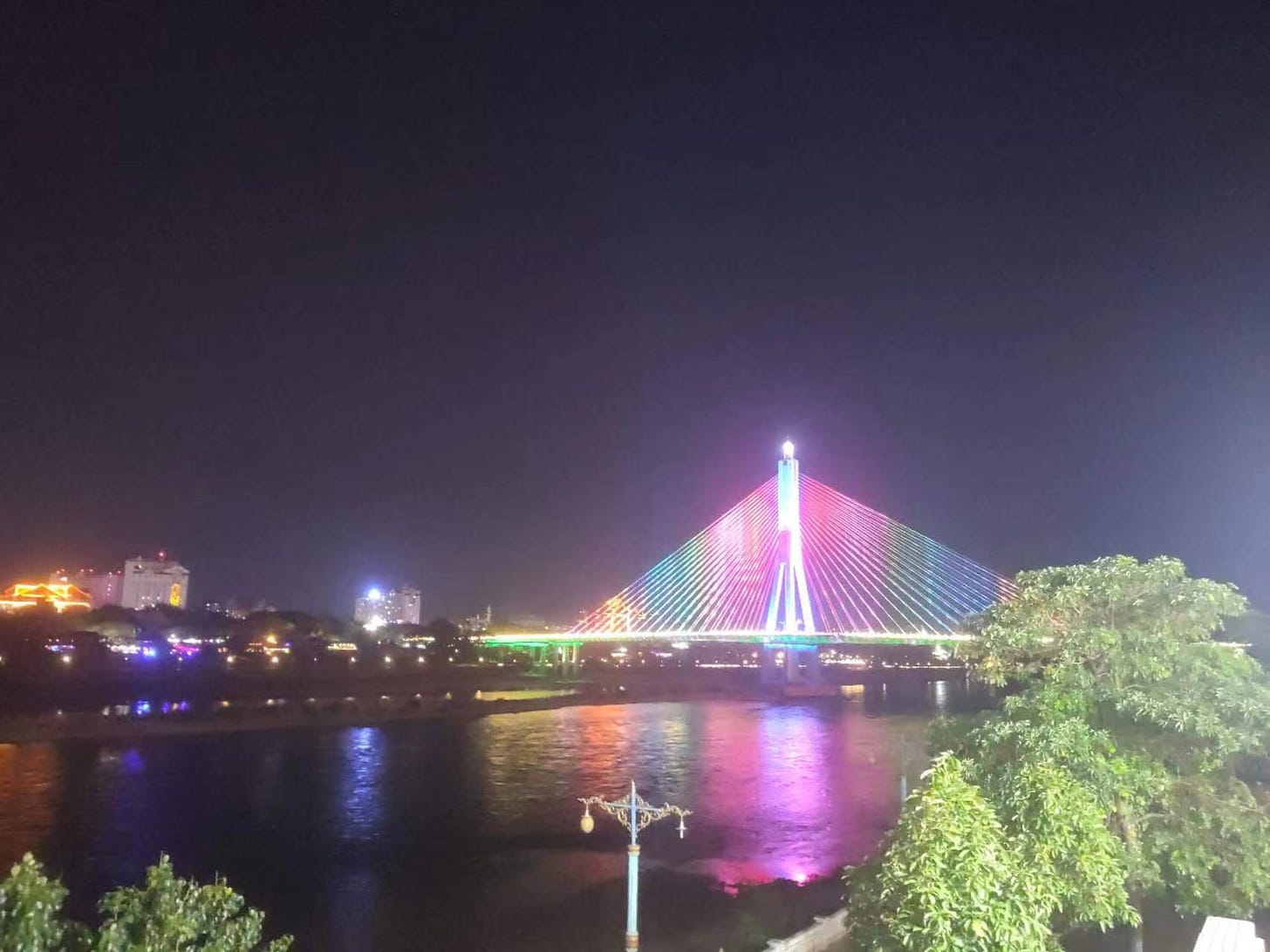
This is so good. As someone working in a famously 卷 company, I envy Boss Chen…
Fascinating. My wife is selling tea in her new store and has some pu-er. I wil share this with her.